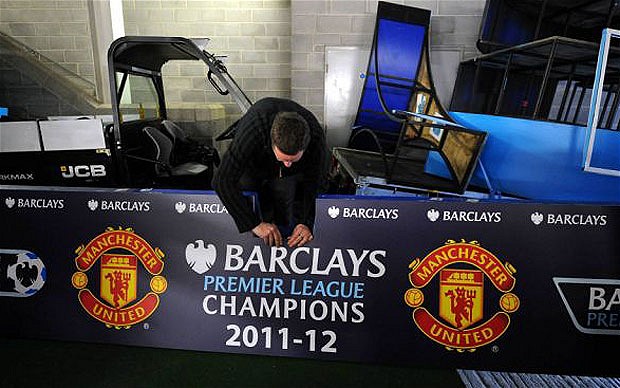United's players got the bird 80 years ago today – but they weren’t complaining. A £2,000 cash windfall and a Christmas turkey for the Reds players of the 1930s was the outcome of a historic plea which saved the Reds from the brink of extinction. In December 1931 United were in serious danger of folding.
The club were heavily in debt and the Reds board hadn’t enough in the coffers to even pay the players’ wages.
The economic depression had struck the country and hit Old Trafford particularly hard.
United had enjoyed some glory years, but it was City who were prospering in Manchester and the Reds were in desperate need of a cash lifeline.
On discovering the story that United’s players had been told they wouldn’t be paid, sports writer Stacey Lintott visited a contact and told Salford businessman James Gibson of the club’s plight.
Gibson was a sports fan whose military uniform manufacturing business – Briggs, Jones & Gibson – was thriving, and United’s secretary Walter Crickmer – who was the Reds’ temporary manager at the time too – went cap-in-hand to his home in Hale Barns.
Gibson agreed to donate a then not-unsubstantial sum of £2,000 to pay the players’ and officials’ wages until mid-January.
There was even enough cash left over for the United stars of the day to enjoy that Christmas bird.
As part of the deal, JW Gibson took over as chairman, supported the club financially and stood guarantor to the bank – despite the risks.
United were saved, and their benefactor ultimately invested £30,000 of his own money into the club helping the Reds on their way to becoming the world’s most famous football club.
But the club still had a mortgage of around £25,000 and there were no funds for transfers.
So, with players desperately needed, Gibson and Crickmer came up with the idea to set up a production line of young players and the Manchester United Junior Athletic Club (MUJAC) was born.
Stars
Gibson secured a tenancy for a pitch at the Old Broughton Rangers Rugby Ground, later to become United’s Cliff training ground, where the young United stars of the future were developed.
The youth team won the Chorlton Amateur League in 1939, scoring an amazing 223 goals in the process.
It was the MUJAC’s idea that eventually produced the Busby Babes.
Gibson also persuaded the Midland Railway, who operated trains from Manchester Central Station to London St Pancras to stop at Old Trafford station on match days,
making it easier for fans to get to the games. Attendances steadily began to rise.
And it was Gibson’s foresight and judge of character that saw United put former Liverpool and City player Matt Busby in charge at Old Trafford after the war.
Gibson died in 1951. He had witnessed Busby bring the FA Cup back to the club, but passed away before the 1952 League title was delivered.
His dream continues to this day and there is a red plaque on the bridge over the train track at Old Trafford marking his impact on the club over the years.
Today, relatives of James Gibson – the Embling family – along with the Mayor of Trafford, laid flowers at the James Gibson plaque on that railway bridge on Sir Matt Busby Way






